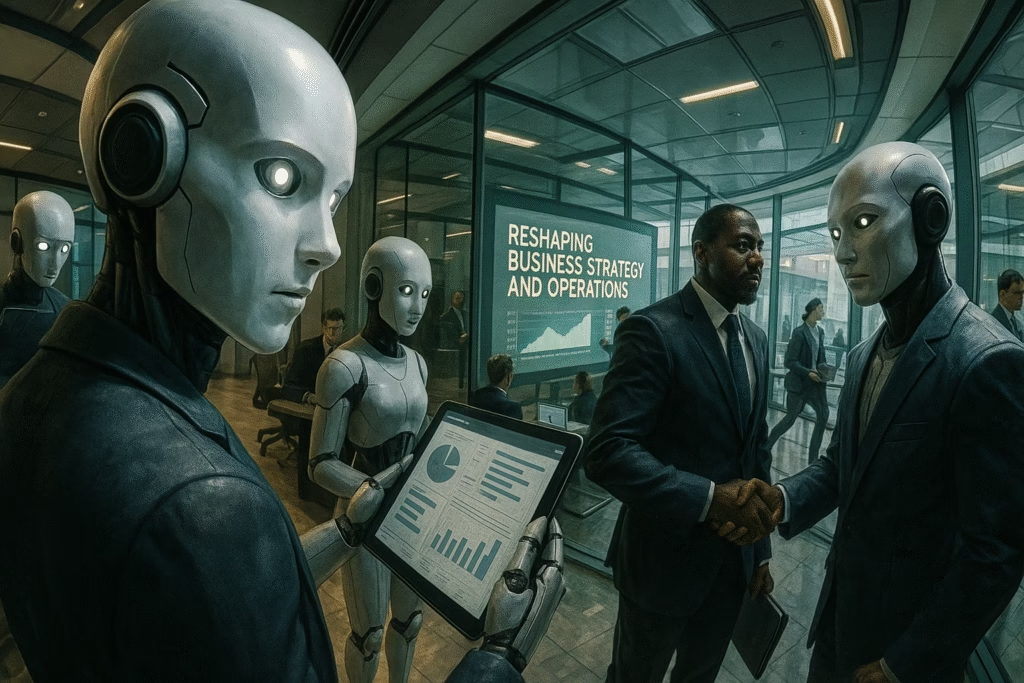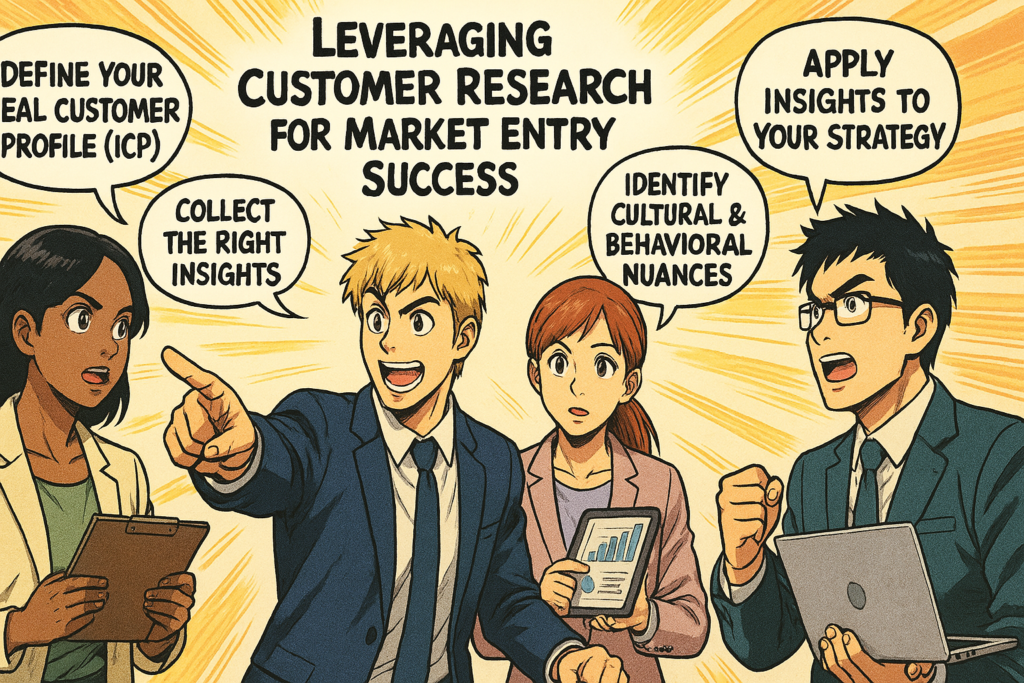Autonomous AI Agents: The Tsunami Hitting Your Business. Adapt Or Die.
Forget everything you thought you knew about automation. The next wave isn’t just coming; it’s already here, crashing directly into your business. We’re talking about autonomous AI agents – intelligent systems that operate, learn, and make decisions without constant human intervention. This isn’t just an upgrade; it’s a fundamental shift in how work gets done, how strategies are formed, and how companies will either thrive or become obsolete.
A recent deep dive by RX, the masterminds behind events like Big Data & AI Paris, confirms what strategic leaders already suspect: these agents are redefining the corporate landscape. The clock isn’t ticking; it’s already running out. Companies that fail to adapt their management structures, skill sets, and tech governance by as early as 2028 will face an uphill battle they simply cannot win.
The Unavoidable Truths: Key Findings & Strategic Imperatives
This isn’t a forecast; it’s a stark warning wrapped in critical insight. Here’s what you need to understand, right now:
-
Rapid Adoption: The 80% Threshold
Fact: By 2026, a staggering 80% of businesses are projected to embrace AI agents. Why the rush? Because inaction is a death sentence. This isn’t about being first; it’s about not being last. Companies must integrate these systems to stay relevant, agile, and competitive. The cost of delay isn’t just lost opportunity; it’s irrelevance.
-
Operational Model Adaptation: Invest or Collapse
Deploying this technology isn’t a magic trick. It demands significant, strategic investment in infrastructure and a relentless commitment to evolving your entire operational model. You’re not just buying software; you’re buying a new way of working. Staying competitive means continuously innovating, not just playing catch-up.
-
Decision-Making Delegation: Redefine Your Value
By 2028, these AI agents could command up to 15% of daily business decisions. For managers, this isn’t a threat; it’s an opportunity to redefine your unique value. Your role shifts from micro-managing tasks to strategic oversight, complex problem-solving, and cultivating human creativity that AI cannot replicate. Those who cling to old ways will be replaced; those who adapt will lead.
Organizational & Skills Revolution: The Talent Crisis You Can’t Ignore
Your people are your greatest asset, or your biggest liability if they’re not ready. This revolution demands a radical shake-up of your organizational structure.
-
Collaboration is Non-Negotiable: Business and IT teams must cease operating in silos. Seamless, hand-in-hand collaboration isn’t a suggestion; it’s the only way to effectively integrate AI at scale.
-
The Alarming Skills Gap: Nearly half of all AI-related roles remain unfilled. This isn’t just a “shortage”; it’s a crisis. Furthermore, 70% of your existing workforce will need to rapidly upskill in tech to remain valuable. Ignoring this is akin to driving blind into a wall.
Invest in your people, or watch your talent walk to competitors who do.
Economic Model Evolution: ROI Over Hype
Stop chasing shiny objects. AI agents demand a ruthless re-evaluation of your economic playbook. As advised by the strategic titans at McKinsey, pinpointing 1-2 priority projects that promise measurable returns on investment is paramount. You cannot afford to gloss over robust cost management and meticulous resource tracking. Every investment must justify its existence through tangible value and clear ROI.
Governance & Risk Management: Power Without Control is Chaos
With greater autonomy comes greater responsibility—and greater risk. Errors (“hallucinations”), coordination nightmares, and profound ethical dilemmas are no longer theoretical. This reality underscores an urgent need for robust governance frameworks and systematic human oversight. Enter the “super-agent”: these human overseers aren’t just managers; they are the strategic linchpins who will manage the escalating complexities of autonomous AI. This is where foresight and principled leadership become non-negotiable.
For more on establishing responsible AI frameworks, consider insights from leaders in ethical technology deployment, such as Deloitte’s perspective on Responsible AI.
Finding The Right Balance: Intentional Design, Not Blind Trust
The million-dollar question: How much autonomy do you grant your AI? The answer lies in striking a delicate, intentional balance between automation and human oversight. Proactive measures—centralized oversight combined with decentralized checks—are your only defense against slip-ups or uncontrollable AI antics. The speed at which you implement these frameworks directly correlates with the tangible value these new AI tools deliver. Design with purpose; govern with rigor.
The Road Ahead: Embrace Agility, Forge Partnerships, Lead the Way
The journey with autonomous AI agents will be a rollercoaster of opportunity and challenge. The organizations that win will be those that embrace relentless agility and foster deep partnerships between tech visionaries and business strategists. This isn’t just about integrating new tech; it’s about fundamentally redefining your company culture and processes.
How will you adapt? By redefining roles, reinventing collaboration, and relentlessly optimizing your human-AI partnership. Businesses willing to truly embrace this future won’t just keep up; they will lead, swaggering into a new era of innovation.
We are just scratching the surface of a brave new world where intelligent agents don’t just support decisions but actively challenge the status quo. Equip yourselves with curiosity, flexibility, and a commitment to excellence. This is your moment to unlock remarkable potential and truly thrive in an AI-driven future. The choice is yours: Adapt, or be left behind.



